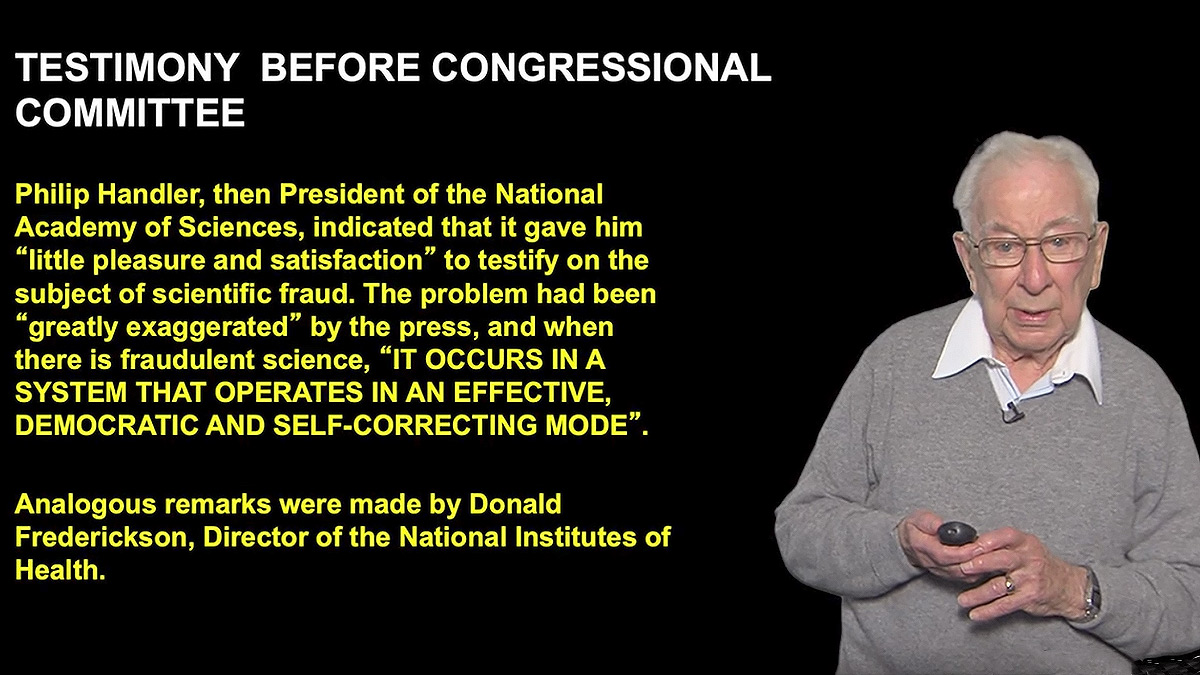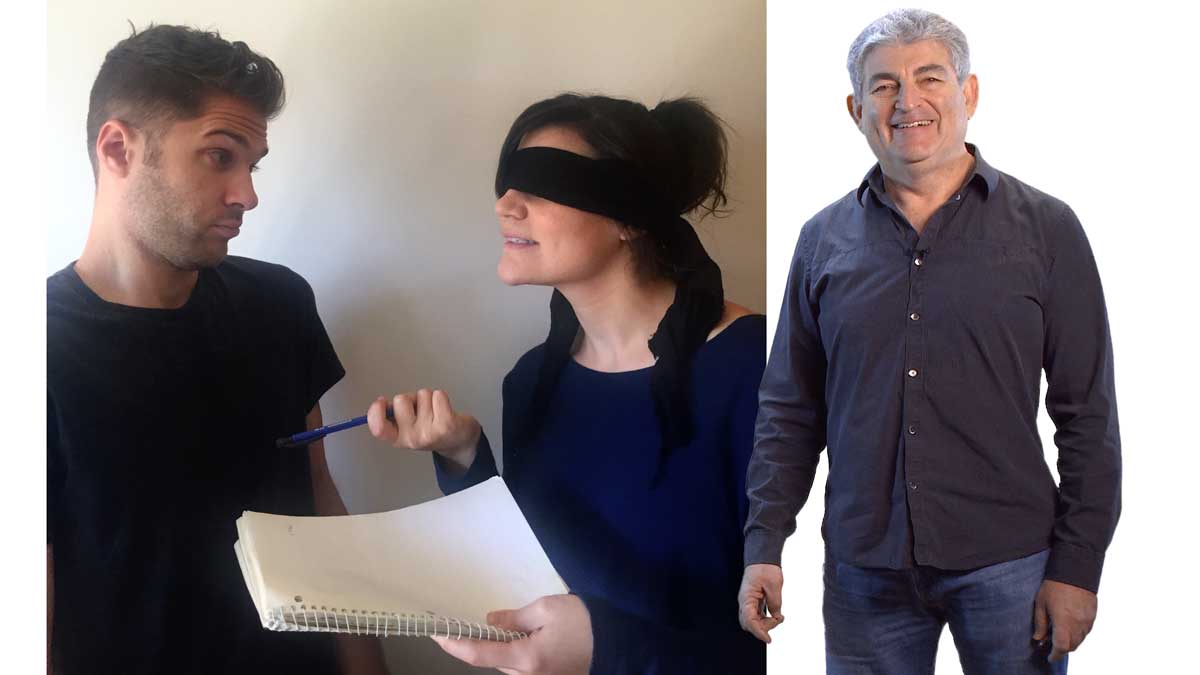Talk Overview
In the scientific community, problems may arise when different labs cannot reproduce certain experiments. In this lecture, Dr. Silberberg focuses on two of the components that contribute to low reproducibility: unconscious bias (human nature) and publication bias (a tendency to publish only results that support our hypothesis). Silberberg suggests that the incorporation of randomization and blind experiments, and more transparent reporting will increase the quality of both experiments and publications. If these metrics are enforced by the grant and journal review processes, reproducibility in science will improve.
Dr. Shai Silberberg is a Program Director at the National Institute of Neurological Disorders and Stroke (NINDS) in the National Institutes of Health (NIH) where he leads the Institute’s efforts to increase the excellence of science and the completeness of research reporting. Dr. Silberberg obtained a Ph.D. in Neurophysiology from the Hebrew University in Jerusalem. Prior to joining NINDS, Dr. Silberberg was an Associate Professor at Ben-Gurion University of the Negev in Israel, investigating the biophysical functions and physiological roles of various ion channels.
Speaker Bio
Shai Silberberg

Dr. Shai Silberberg is a Program Director at the National Institute of Neurological Disorders and Stroke (NINDS) in the National Institutes of Health (NIH) where he leads the Institute’s efforts to increase the excellence of science and the completeness of research reporting. Dr. Silberberg obtained a Ph.D. in Neurophysiology from the Hebrew University in Jerusalem…. Continue Reading












Leave a Reply